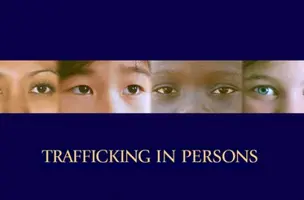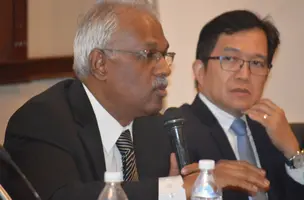
Home
Publications
Publications
Showing 0 to 0 of 0 results

Opinion Articles
2015-05-14T07:26:42
Trafficking Fuelled by Demand for Cheap Workers and Government Complicity

Statements
2015-05-12T07:26:44
APHR Chairperson pens joint letter to President Obama expressing concern over TIP report ratings

Opinion Articles
2015-05-09T07:26:44
US Foreign and Trade Policy Opportunism Rules in Malaysia’s Potential Upgrade in its 2015 Trafficking in Persons (TIP) Report
TOP
ASEAN Parliamentarians for Human Rights (APHR) was founded in June 2013 with the objective of promoting democracy and human rights across Southeast Asia. Our founding members include many of the region's most progressive Members of Parliament (MPs), with a proven track record of human rights advocacy work.
Copyright © 2024-2025 All Rights Reserved - ASEAN Parliamentarians for Human Rights (APHR)
Website by Bordermedia